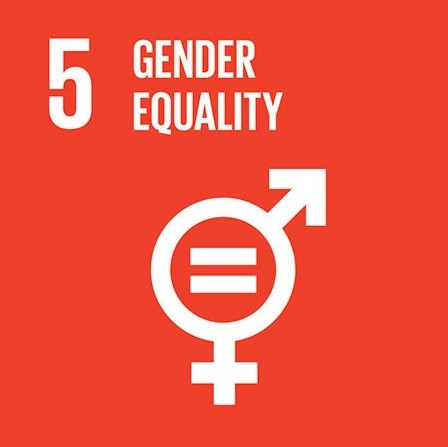The topic of our 4th webinar was “Women Empowerment: Planning and Organization”. Webinar covered discussions on the importance of planning and organizations to empower women, different tools and techniques to manage time and maximize focus, and to regulate and organize emotions.
We launched with the discussion about roles of Bangladeshi males in their female partners’ work-life balance. Our panelists drilled into understanding and defining the context and idea behind the very statement “I support you” to effectively explain what a “healthy support” looks like.
For the readers’ reference, we are sharing the question(below), to which our guest speakers shared their valuable thoughts and insights:
Do you think males have significant roles in regulating a Bangladeshi working female’s work-life balance? If yes, what does “supporting your partner” entails to you?
In several cases, “support from my significant other” looks like the following for several women in Bangladesh: “After managing all the household chores and taking care of all the family members, if you can carve out a time to pursue your hobbies/dreams, then you are allowed to do that” – What is your thought/view on this? Does this look like a healthy “support” to you? If yes/no, please explain why?
From ancient times, we have noted that household chores are designed and assigned based on specific gender. Although time has monumentally changed and upgraded, gender-based roles on household chores and responsibilities are still pretty archaic in some instances! The latest available data per EIGE-2021 Gender Equality Index 2021 Report shows that employed women spend about 2.3 hours daily on housework; whereas employed men spend only 1.6 hours. The data also shows that gender gaps in housework participation are the largest among couples with children.
One of our brilliant speakers, Afsara Alvee, founder of “Kandari” a non-profit organization to provide quality education in remote areas of Bangladesh and previously post production assistant of blockbuster movies such as “Fatherhood”, “Spiderman” and recently “Wobi Kanobi,” shared her thoughts gender roles in household chores. She discussed the cultural representation of gender roles in households. And simultaneously emphasized the necessity of equally sharing the chores at home to forge a healthy support system in the relationship.
One of our other guests, Abdullah Al Wasif, a monumental leader in business and philanthropic activities—- one of the founding members of ride-sharing services such as “Pathao,” and “Uber” and currently the founding partner of “Back Me Up Ventures”, pointed to cultural glitches and gender biases that affect the upbringing of many male children. In South Asian culture, men usually grow up with a visual reference and a mental setup of women primarily being responsible for household chores. Alvee and Wasif agreed and emphasized that maybe because of this deep-rooted faulty setup, it is difficult for men to understand and execute their roles in the household chores and responsibilities.
We continued our session by asking the guests how they organize their goals and daily lives—any app or tools/techniques they use to keep them planned and organized. Fairooz Faizah Beether, our third guest, a fantastic luminary, the recipient of the “ Goalkeeper Award” from Bill-Melinda Gates foundation and the cofounder of “Moner School”, shared her effective ways of organizing her emotions and time to perform her daily tasks more efficiently and mindfully!
We also explored ways to limit and address procrastination, as it can sometimes be a core source of stress and anxiety. Wasif beautifully explained with great examples how being purpose-driven and getting out of comfort zone can help to cope with procrastination.
Faiza also recommended having separate spaces for work and study as the environment is a significant factor of our productivity. Additionally, Alvee underscored that having a clear sense of one’s own values and accountabilities can act as a drive force to cope with procrastination!
With that, our webinar ended with a hopeful note of learning new skills and working together with the purpose of gender equality in the world. Thanks again to our guest speakers for giving their valuable time and sharing their impactful wisdom with Bold and Becoming!
Share with us your techniques for organizing and planning. Send us your answers at boldandbecoming@gmail.com.



